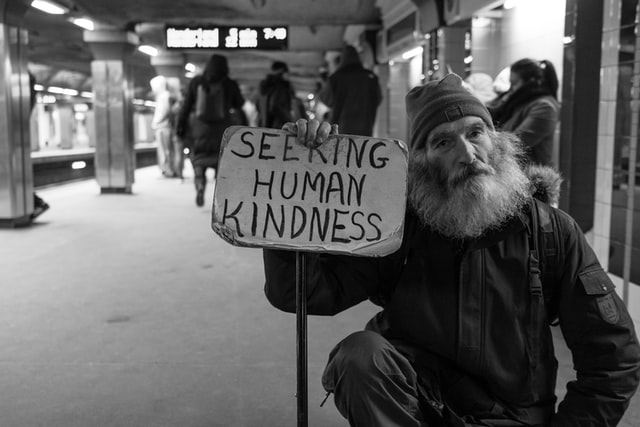What makes people cling so defensively to their rigid views of the world? I’ve been pondering this as I practice seeing everything as a dream this week. And while the answer is multi-layered and more complicated than can be addressed in one blog post, I think it may be partly a misunderstanding that opening to other people’s experiences somehow invalidates your own.
It doesn’t.
In graduate school, I took a cultural interpretation class. I was so shocked when I heard a Korean woman tell me that a scriptural text I found to be inspiring and empowering was, for her in her culture, often used as a weapon of oppression. The lenses through which we understood that same story were vastly different.
After that experience, I didn’t change my mind and consider that story only to be oppressive. I didn’t “cancel” that text and resolve never to read it again. I still carry with me the view I’ve always had. But now, I acknowledge how it has been used in harmful ways. The text now has more meaning because of this interaction, more depth. Not less. And because I remained open to hearing a different experience, I can attempt to be mindful of not using that text in similarly harmful ways.
My reaction could have been: You ruined this text for me! How dare you?! Or, That’s not right! That’s not what it means! You’re wrong!
But my response can also be: Because I value this text, I want to use it in ways that are life-giving. So I’m grateful. When someone shares her experience like my classmate did, it makes me more equipped to do so.
This is how compassion expands us. Compassion simply gives you more room. It does not invalidate you, or make you change your entire worldview. It simply asks you to expand your worldview beyond your limited, and for me, privileged, experience.
I know we’re all sick of this phrase, but it’s true that we are living in a deeply divided nation. So many people are stuck in their fixations, shifting blame, rejecting responsibility, remaining closed off to empathy and compassion. Fear does this. A feeling of lack and not-enough does this. Inner ego defensiveness does this. Unwillingness to take the view of the common good does this. And all of these things keep us stuck in our mental fixations.
For me, the power of “seeing everything as a dream” at this particular moment in history is the invitation to soften, to listen, to be willing to admit we’re wrong. And, to be pointed about it, for those of us who are privileged, it’s an invitation to hear the stories of police brutality and injustice that so many of our American siblings experience and consider them true, valid, and worth confronting, even if it costs us something. Even if it means some things in our country have to change. Compassion expands us for change, too.
This week, I find myself wondering if so many runaway conspiracy theories would be possible if we all took this lojong slogan seriously. Could we really let these ideas snowball if we learned first to hold everything as fuzzy and incomplete and worth further listening and investigation? If we practice seeing everything as a dream, wouldn’t cooler heads prevail?
For me, this lojong slogan feels like somewhat of a vaccine against much of what ails us in this country right now. It feels like a worthy thing to practice. It’s not just about releasing ourselves from our personal mental fixations and unnecessary anxieties. It’s about creating a collective consciousness that does, too.
Where are you experiencing the power of this slogan today? What insights or questions are coming up for you? Do you see examples where compassion expands us?
This post is part of my reflection project, Living the Lojong. You can read more posts by clicking on the category tab on the homepage.




